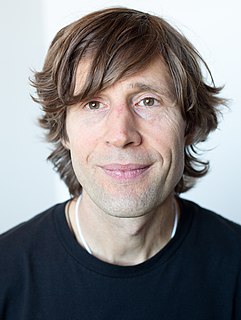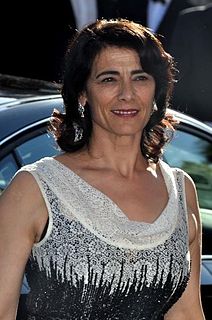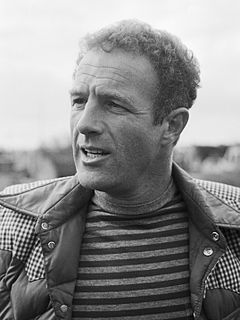A Quote by Margaret Stohl
Everyone reads Harper Lee personally. For me, 'Mockingbird' was about admitting my own hyphenated identity - about loving and hating my world, about both belonging and not belonging to the community I came from.
Related Quotes
Skaters, I think they tend to be outsiders who seek a sense of belonging, but belonging on their own terms, and real respect is given by how much we take what other guys do, these basic tricks, 360 flips, we take that, we make it our own, and then we contribute back to the community the inner way that edifies the community itself.
My identity was a big issue when I was a teenager, and I had a lot of questions, like: 'Who am I?' 'Who do I belong to?' But when I was still quite young, I decided that belonging is a tough process in life, and I'd better say I belonged to myself and the world rather than belonging to one nationality or another.
I think there are a lot of misconceptions on both sides, the developing vs. the developed world, especially about America. I've felt the frustration in my lack of belonging to any one place, but I've also felt it liberating to be able to appreciate something without feeling disloyal to my own culture.
Belonging is the innate human desire to be part of something larger than us. Because this yearning is so primal, we often try to acquire it by fitting in and by seeking approval, which are not only hollow substitutes for belonging, but often barriers to it. Because true belonging only happens when we present our authentic, imperfect selves to the world, our sense of belonging can never be greater than our level of self-acceptance.
I first read Harper Lee's 'To Kill a Mockingbird' as a teen in school, like you did. I read the book alone, eating lunch at my locker, neatly scored oranges my mother divided into five lines with a circle at the top, so my fingers could dig more easily into the orange skin. To this day, the smell of oranges reminds me of 'Mockingbird.'





































